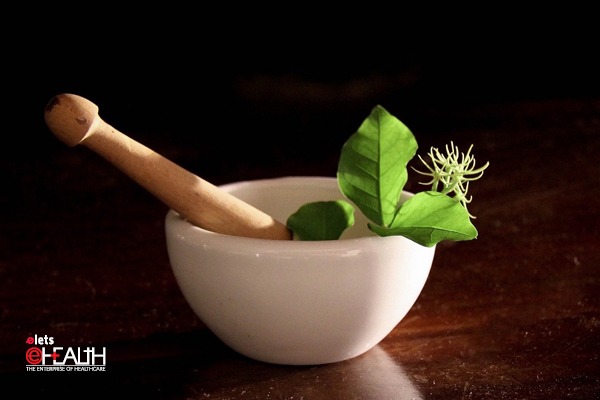WHO Global Centre for Traditional Medicine in Gujarat under AYUSH Ministry gets Cabinet approval Leave a comment

Share
Tweet
Share
Share
<![CDATA[]]>
<!— >> Read Full Article To continue reading this article you need to be registered with Elets.Register Now or if you already have an account Login Now. –> <!— >> Read Full Article To continue reading this article you need to be registered with Elets.Register Now or if you already have an account Login Now. —>
The Union Cabinet, chaired by Prime Minister Narendra Modi, has endorsed the association of the WHO Global Centre for Traditional Medicine (WHO GCTM) in Jamnagar, Gujarat after a Host Country contract was signed between the Government of India and the World Health Organization (WHO). The WHO GCTM will be established in Jamnagar underneath the Ministry of AYUSH. This would be the first and only global outposted Centre (office) for traditional medicine across the globe.
The benefits of the WHO GCTM consist of AYUSH approaches being positioned across the globe and the requirement of leadership on global health matters pertaining to traditional medicine. Also, the WHO GCTM will assure quality, safety and efficacy, accessibility, and rational use of traditional medicine, and will develop norms, standards, and guidelines in appropriate technical areas, tools, and methodologies, for collecting data implementation analytics, and evaluating impact. Envisage WHO TM Informatics center creating a collaboration of existing TM Data banks, virtual libraries, and academic and research institutes. It will also be fruitful to develop specific capacity building and training programs in the areas of bearing to the objectives and conduct training programs in campus, residential, or web-based, and through partnerships with the WHO Academy and other strategic partners, the statement said.
The Director-General of the World Health Organization, Dr. Tedros Adhanom Ghbereyesus, proclaimed the establishment of WHO GCTM in India on the occasion of the fifth Ayurveda Day on November 13, 2020, in the sight of the Honourable Prime Minister of India. The Hon’ble Prime Minister glorified this endeavor of WHO and cited that WHO GCTM would emerge as a center of global wellness, bolster evidence-based research, training, and awareness for Traditional Medicine.
For coordination, implementation, and monitoring of activities for the installation of this Centre, a Joint Task Force (JTF) has been formed. The task force comprises representatives from the Centre, Permanent Mission of India, Geneva, and the WHO. Under the ambit of this, an interim office is being installed at the Institute of Teaching and Research in Ayurveda, Jamnagar, Gujarat to perform the identified technical activities and planning of fully functional WHO GCTM.
The interim office is intended to deliver broadly on the generation of evidence and innovation, artificial intelligence-based resolutions for traditional medicine, organized deliberations in collaboration with Cochrane, Global survey on traditional medicine data across WHO GPW 13 (Thirteenth General Programme of Work 2019-2023) and sustainable development goals, traditional medicine socio-cultural and biodiversity heritage with a forward-looking approach to sustainable development and leadership and cross-cutting functions, business operations and administrative processes for the establishment of the main office of WHO GCTM, the statement stated.
The Centre will provide oversight on all global health matters which are related to traditional medicine and will also boost support to member countries in shaping various policies related to traditional medicine research, practices, and public health.
The Ministry of AYUSH has collaborated with WHO on many fronts including developing benchmarks documents on training and practice of Ayurveda and Unani System, presenting the second module in the Traditional Medicine Chapter of the International classification of Diseases-11, developing apps like M-yoga, supporting the work of International Pharmacopeia of Herbal Medicine (IPHM) and other research studies, etc.
According to the statement, the WHO GCTM and various other initiatives in collaboration with the WHO will assist India in positioning traditional medicine across the globe. Also, the Centre will determine various challenges encountered by the countries in restraining, incorporating, and further positioning traditional medicine in respective countries.
Follow and connect with us on Facebook, Twitter, LinkedIn, Elets video





